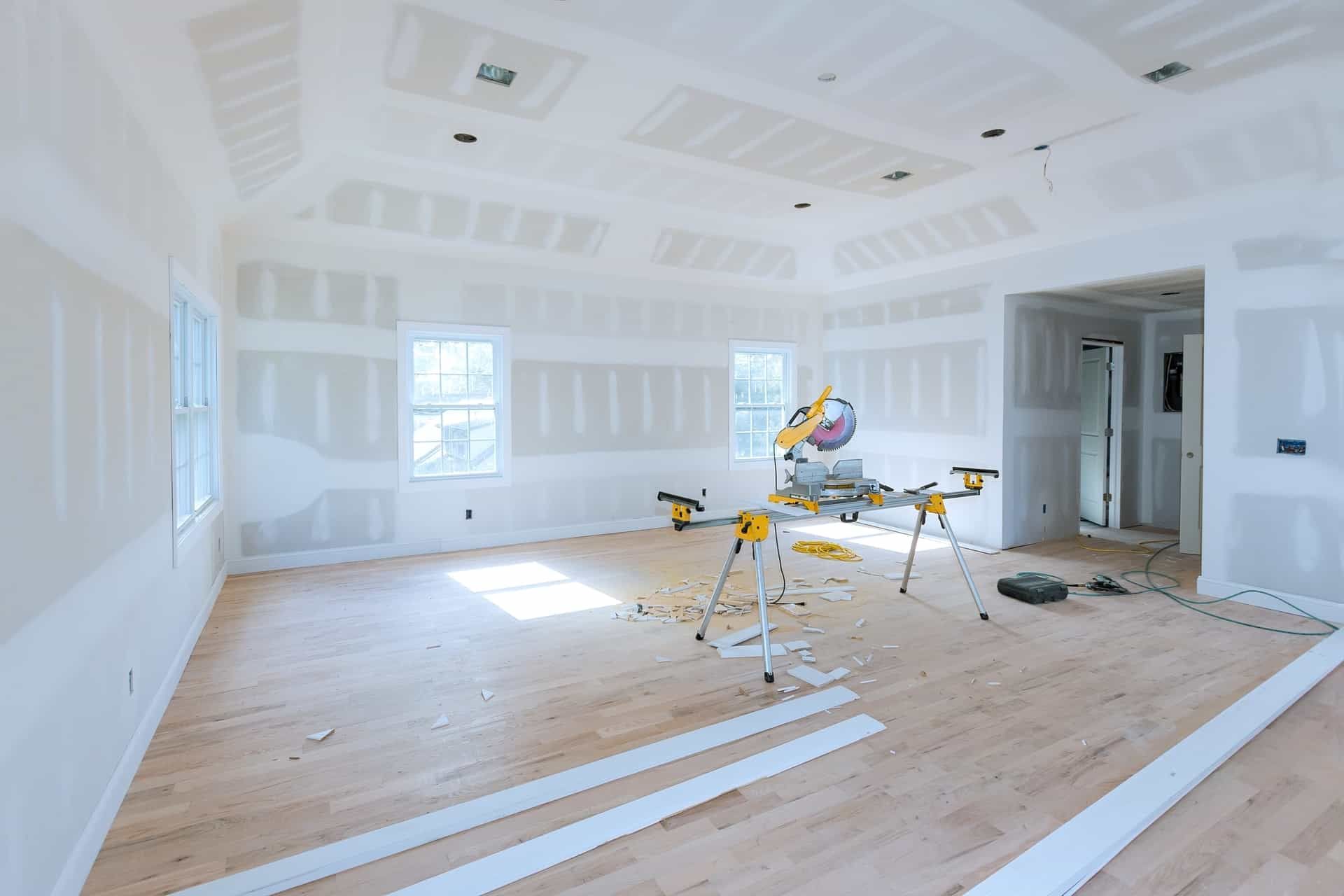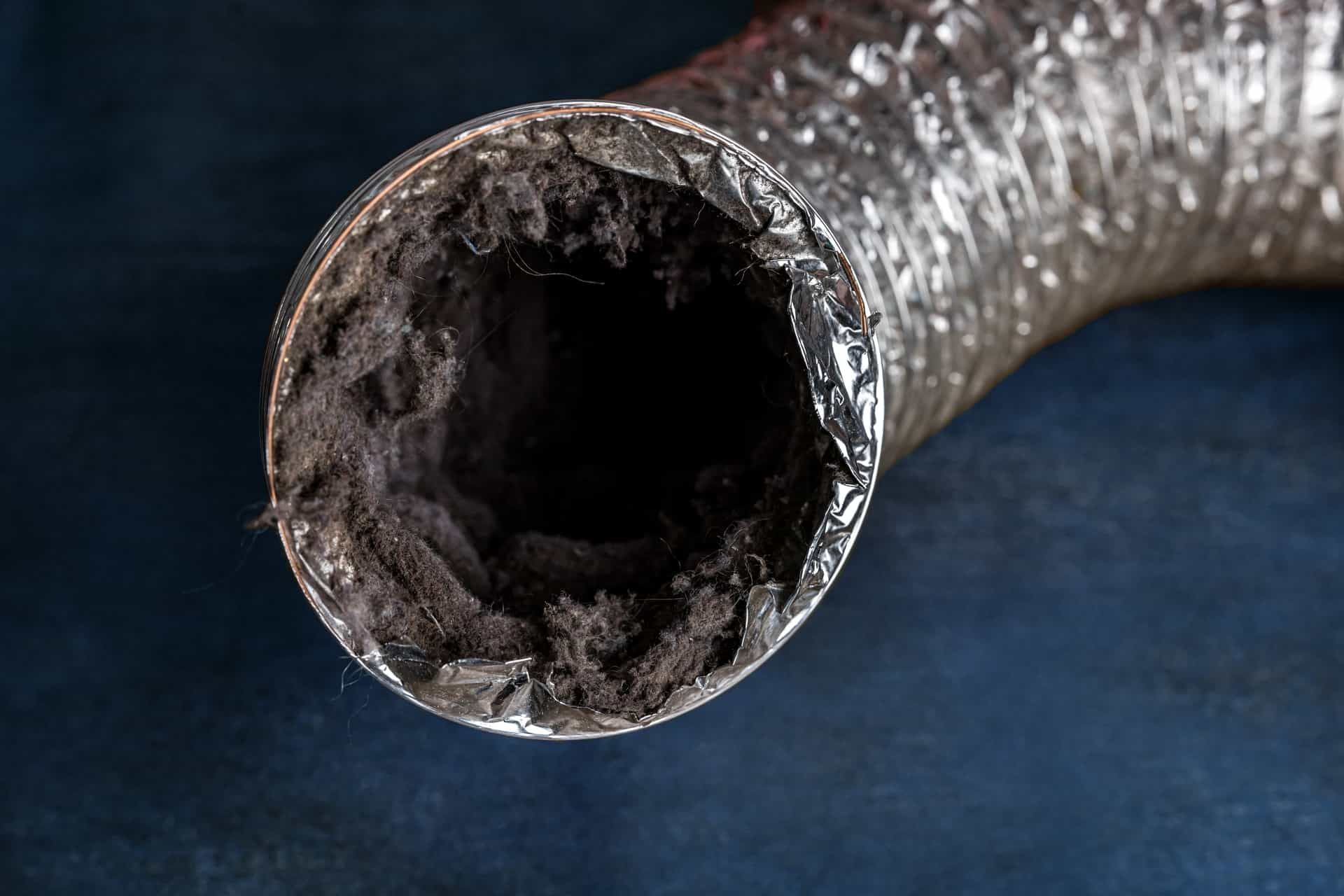What to Do After the Home Inspection - Navigating the Next Steps
After the excitement of discovering your home and the thorough home inspection process, it's now time to focus on the phase of making decisions post-inspection. This critical moment often leaves homebuyers pondering, "What should I do next?" From negotiating repairs to evaluating your choices, knowing the steps to take following a home inspection is essential for a well-informed home-buying experience.
Let's explore the recommended practices and factors to consider for navigating the inspection stage confidently and clearly.
1. Evaluating the Inspection Report
After completing the home inspection, the initial step is to go through the report. This detailed document offers an overview of the property's condition, highlighting any issues or areas needing attention.
As you delve into the report, consider discoveries such as structural concerns, electrical issues, plumbing challenges, and safety risks. Additionally, make a note of any suggested repairs or maintenance tasks. Understanding the extent and seriousness of these matters will influence your choices.
2. Setting Repair and Maintenance Priorities
Armed with the inspection report, it is time to prioritize addressing the repairs and maintenance tasks identified during the inspection.
While some issues may seem minor and only affect the appearance, others could have an impact on the safety, functionality, or overall value of your home.
It might be helpful to group the items into three categories;
- Urgent Repairs: These are issues that present safety hazards or could worsen if not dealt with promptly. For instance, this category includes electrical problems, water leaks, and structural weaknesses.
- Essential Repairs: These are not emergencies. It can influence how comfortable your home is to live in or its resale potential. This category includes things like outdated HVAC systems, plumbing issues, or roof maintenance needs.
- Enhancements: These changes focus on improving the appeal of your home. They are optional but can enhance its overall look and charm. Think about painting projects, flooring upgrades, or landscaping improvements.
By organizing repairs in this way, you can prioritize tackling matters first while planning for repairs and cosmetic upgrades based on what fits within your budget and timeline.
3. Negotiating Repairs with the Seller
Once you have the inspection report outlining repairs and understand what's needed to address them, it's time to engage in negotiations with the seller. Depending on your purchase agreement terms and local real estate practices, you may have opportunities to ask for repairs or concessions from the seller.
Here are a few tips to keep in mind when you're negotiating:
- Requesting Repairs: You have the option to formally ask the seller to fix issues noted in the inspection report. This might involve bringing in licensed professionals to do the repairs or receiving credits at closing to cover the expenses.
- Negotiating Price Reduction: Another approach is to discuss lowering the home purchase price to account for repair costs. This gives you flexibility in deciding how to handle repairs post-closing.
- Asking for Seller Concessions: Sometimes sellers may agree to concessions, like covering closing expenses, offering a home warranty, or contributing towards repair costs.
Communication plays a role in negotiations. Clearly lay out the repairs you're requesting and provide estimates or quotes when possible. Remember, negotiations require cooperation from both sides, aiming for a solution that benefits everyone.
4. Obtaining Multiple Estimates
When it comes to repair expenses, it's wise to get estimates from contractors for two main reasons;
- Cost Verification: Multiple estimates let you compare prices and ensure you're not overcharged. It also helps avoid repairs. When you have cost estimates, you can confidently decide which repairs to focus on and how to manage your budget wisely.
- Decision Making: Contact licensed contractors who specialize in the repairs. Ask for written estimates detailing the work scope, materials, labor costs, and project timelines. This thorough approach promotes transparency. It empowers you to make informed decisions.
If the home inspection uncovers significant issues not previously discussed, you should renegotiate with the seller based on the information.
5. Potential reasons for renegotiation include
- Discovering damage or safety concerns.
- Noticing code violations that need immediate action.
- Changes in the local real estate market affect property values.
If unexpected repair costs arise or impact the home value significantly, consider reopening discussions with the seller. Your real estate agent can assist you during this process.
6. Considering DIY vs. Professional Repairs
When deciding between DIY and hiring professionals for repairs, it's essential to consider whether specific tasks suit your skill level. DIY projects can be cost-effective. They should only involve legal activities.
Tasks like painting minor plumbing fixes or installing fixtures are ideal for those who enjoy DIY projects. However, electrical work, structural repairs, or major system upgrades should be handled by experts.
7. Planning for Future Maintenance
Looking ahead to maintenance beyond the repairs noted in the inspection report is crucial to maintaining your home value. Creating a maintenance schedule with tasks like HVAC checks, gutter cleaning, roof inspections, and pest control is essential.
Budgeting for home maintenance and unforeseen repair costs is wise by setting aside funds each month. You can safeguard your investment by being proactive in upkeep and prepared for emergencies. Cherish your home for years to come.
Conclusion
In conclusion, knowledge is essential as you navigate the decisions following an inspection. You equip yourself to make well-informed decisions by reviewing the inspection report, prioritizing repairs skillfully, negotiating with the seller, and obtaining multiple estimates.
Whether you choose to tackle DIY repairs or seek the assistance of professionals, the ultimate aim remains consistent: ensuring your new abode is secure, cozy, and a hub for memories.
Here, at
Guardian Angel Inspections, we recognize the significance of the inspection phase in your home purchasing journey. Our goal is to conduct detailed inspections that arm you with knowledge and assurance. As you step into this chapter, rely on our expertise to lead you through each stage seamlessly.
Disclaimer: The information on this website and blog is for general informational purposes only and is not professional advice. We make no guarantees of accuracy or completeness. We disclaim all liability for errors, omissions, or reliance on this content. Always consult a qualified professional for specific guidance.
Share this entry







